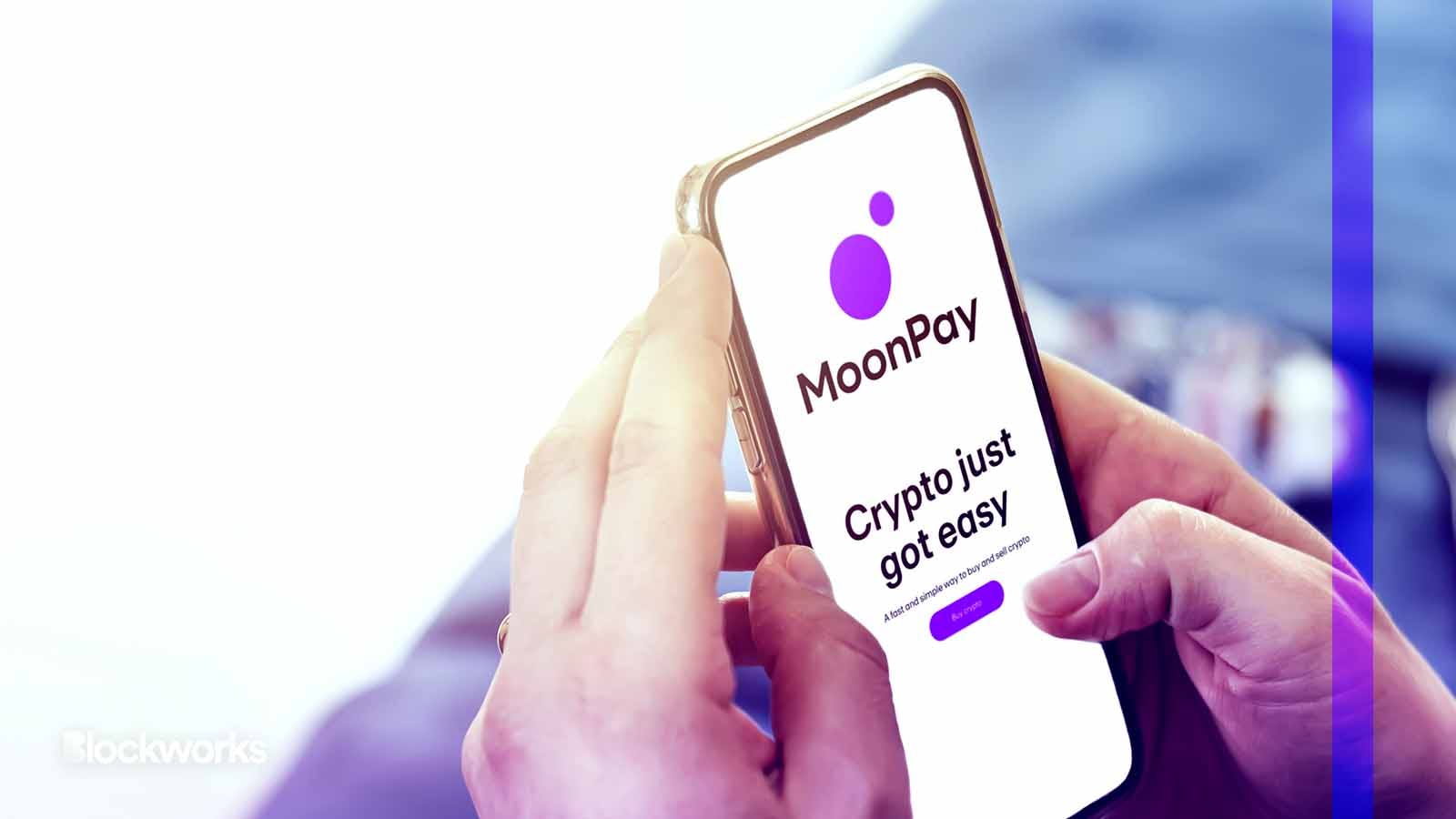MoonPay secures VASP registration in Ireland
MoonPay follows Coinbase and Gemini to Ireland.

rarrarorro/Shutterstock modified by Blockworks
MoonPay is now registered in Ireland as a virtual asset service provider, allowing the crypto payment company to offer its fiat-to-crypto “onramp” solution in the country.
MoonPay CEO and co-founder Ivan Soto-Wright told Blockworks that there’s a massive benefit to being approved in Ireland prior to MiCA, the European Union’s newest crypto law, coming into full force in 2024.
“We think having an Irish [virtual asset service provider] registration and eventually applying for authorization under MiCA to passport across the EU will be an immense competitive advantage,” Soto-Wright said in a statement shared with Blockworks.
The Central Bank of Ireland is responsible for approving virtual asset service providers (VASPs) and gave the greenlight to MoonPay on Tuesday, according to a press release.
Approved VASPs are permitted to offer five services to Irish customers, including the exchange between digital assets and fiat currencies, as well as enabling the swapping of digital assets for other digital assets.
Furthermore, VASPs in Ireland can facilitate the transfer of crypto tokens between wallets, provide custody services and provide financial services related to token issuers, according to the central bank’s website.
Soto-Wright told Blockworks that MoonPay is only approved to offer the first service: the exchange of digital assets and fiat currencies.
Gemini and Coinbase are some of the most high-profile crypto firms to be registered as VASPs in Ireland prior to MoonPay, each of them securing approval in July and December, respectively.
MoonPay was also granted regulatory assent in the UK in December 2022. And in June of the same year, the company became a VASP in Italy.
As the fraught US regulatory environment persists or worsens, there’s been a noticeable trend of crypto companies seeking to obtain regulatory approvals in Europe.
Crypto.com got registered in Spain in June 2023. A little less than a month later, Societe Generale’s crypto subsidiary, SG-FORGE, won the first crypto license in France.
And most recently, of course, Europe’s first spot bitcoin ETF went live on Tuesday.
Meanwhile, the US Securities and Exchange Commission just delayed the approval of a handful of bitcoin spot ETF applications.
Updated Aug. 15, 2023 at 2:45 pm ET: Added comment from MoonPay CEO and co-founder Ivan Soto-Wright.
Get the news in your inbox. Explore Blockworks newsletters:
- The Breakdown: Decoding crypto and the markets. Daily.
- 0xResearch: Alpha in your inbox. Think like an analyst.






